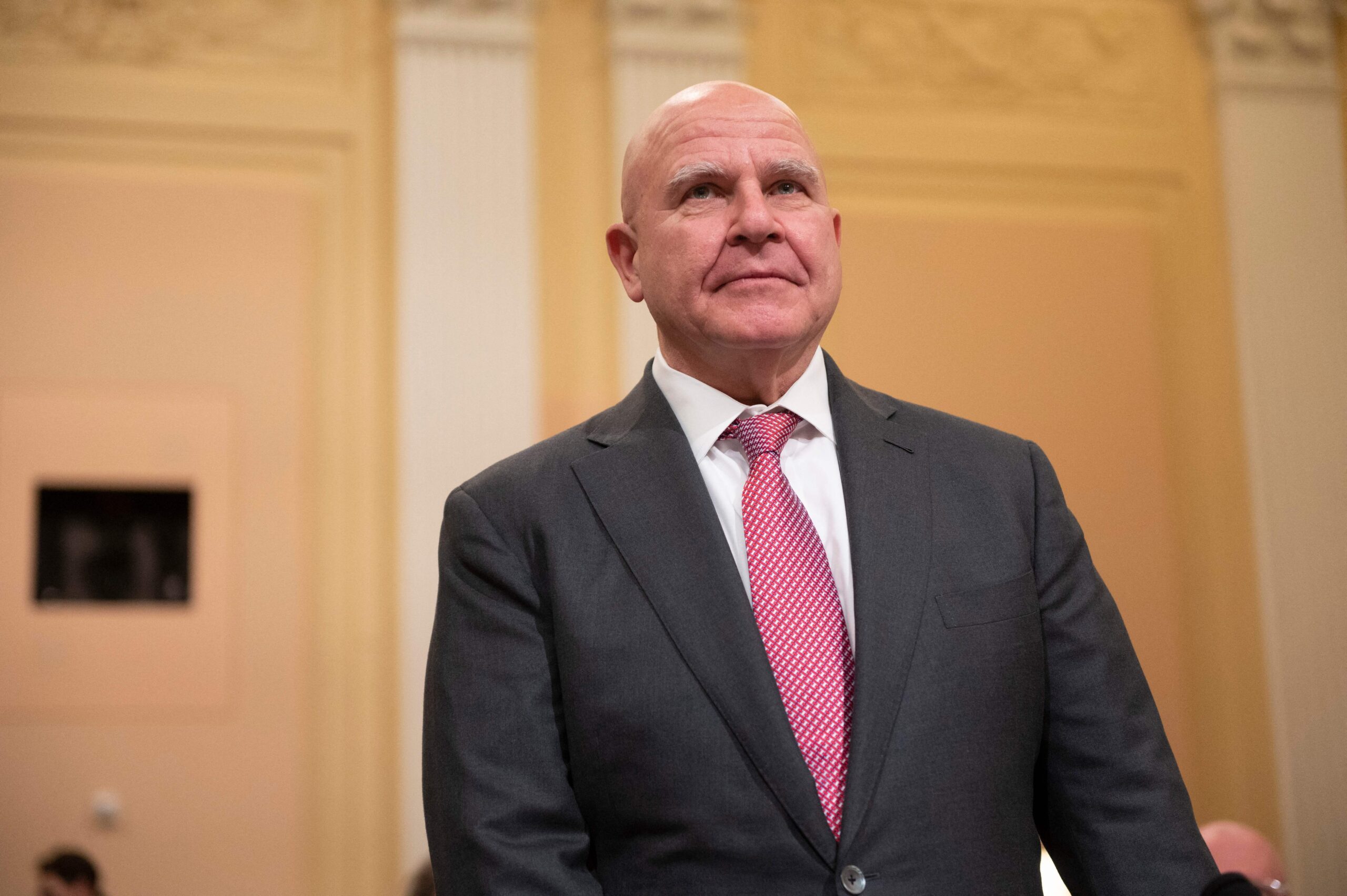Depositors of Failed Banks Should Not Be Bailed Out: Reagan Economic Adviser
Economists are questioning whether the Federal Reserve is responsible for the bank crisis in the wake of the failure of two banks: the crypto-focused Signature Bank (SVB) and the 16th largest U.S. depositorium Silicon Valley Bank (16U.S. depository Silicon Valley Bank [SVB].
Steve Hanke was a former economic adviser to President Ronald Reagan. He believes that the Fed’s contractionary policies contributed to the current condition and that the central bank is ready to bring more pain.
Professor of applied economics at Johns Hopkins University Hanke stressed the importance of money supply (M2) as well as its effect on the economy, inflation, and other factors. He believes that the Federal Reserve should pay more attention this economic indicator.
“Monetary policy is not about interest rates. It is about the growth in the money supply,” The Epoch Times was informed by him. “Right now, the Fed is excessively contracting the money supply.
“The Fed seems unlikely to ease off contractionary policies—in part because the central bank wrongly focuses on the Phillips curve, which portrays inflation and unemployment as contrary forces.”
The Phillips curve, first proposed by economist A.W. Phillips in the 1950s, suggests an inverse relationship between inflation and unemployment. According to the theory, when unemployment is low, inflation tends to rise, and when unemployment is high, inflation tends to fall.
The Fed has traditionally used this theory to guide its monetary policy decisions. But Hanke argues that it is faulty and the Fed’s fixation on it does more harm than good.
Current unemployment levels lead the monetarist to conclude that more central bank tightening is still to come.
“In view of a tight labor marketplace, the Fed anticipates that upward inflation pressures will persist through 2023. Thus, high-interest rates and quantitative tightening will continue to be in effect until further notice.” Hanke said.
The Fed’s policy of quantitative tightening involves reducing the size of its balance sheet by selling off assets, which reduces the amount of money in circulation. This policy is intended to curb inflationary pressures, but Hanke thinks it has gone too far.
“As I expected, this slowdown of the money supply growth was so significant that it has caused major problems in banks.” he told The Epoch Times. “If it senses a crisis, however, the Fed can pivot.
“If the Fed doesn’t adjust to this reality, it will greatly increase the chances of a recession or banking bloodbath.”
Interventions by the government
The economist predicts that such a crisis will soon be followed by a pivot, based on the market data.
“On Friday, investors with skin in the game believed there was a 40 percent probability of the Fed hiking the Fed funds rate by 50 basis points,” Hanke stated. “Today, that probability stands at 0 percent.”
SVB’s collapse is just one example of the difficulties that can arise in an environment with limited liquidity. The downturn has especially affected the tech sector which is one of the largest drivers of the economy. Many smaller businesses and startups are having difficulty staying afloat. Some even close their doors.
Financial regulators promised To assist failed banks “in a manner that fully protects all depositors, both insured and uninsured.”
Professor Hanke considered this unwise and argued that society shouldn’t be forced to support the financial risk taken by others.
“Depositors with over $250,000 on deposit thought that they were uninsured, and they were willing to take the risk,” He said.
“Why should they now be rewarded with a bailout gift from the government?”
…..
Continue reading more Reagan Economic Adviser: Depositors in Failed Banks should not be rescued“
“The views and opinions expressed here are solely those of the author of the article and not necessarily shared or endorsed by Conservative News Daily”
" Conservative News Daily does not always share or support the views and opinions expressed here; they are just those of the writer."




